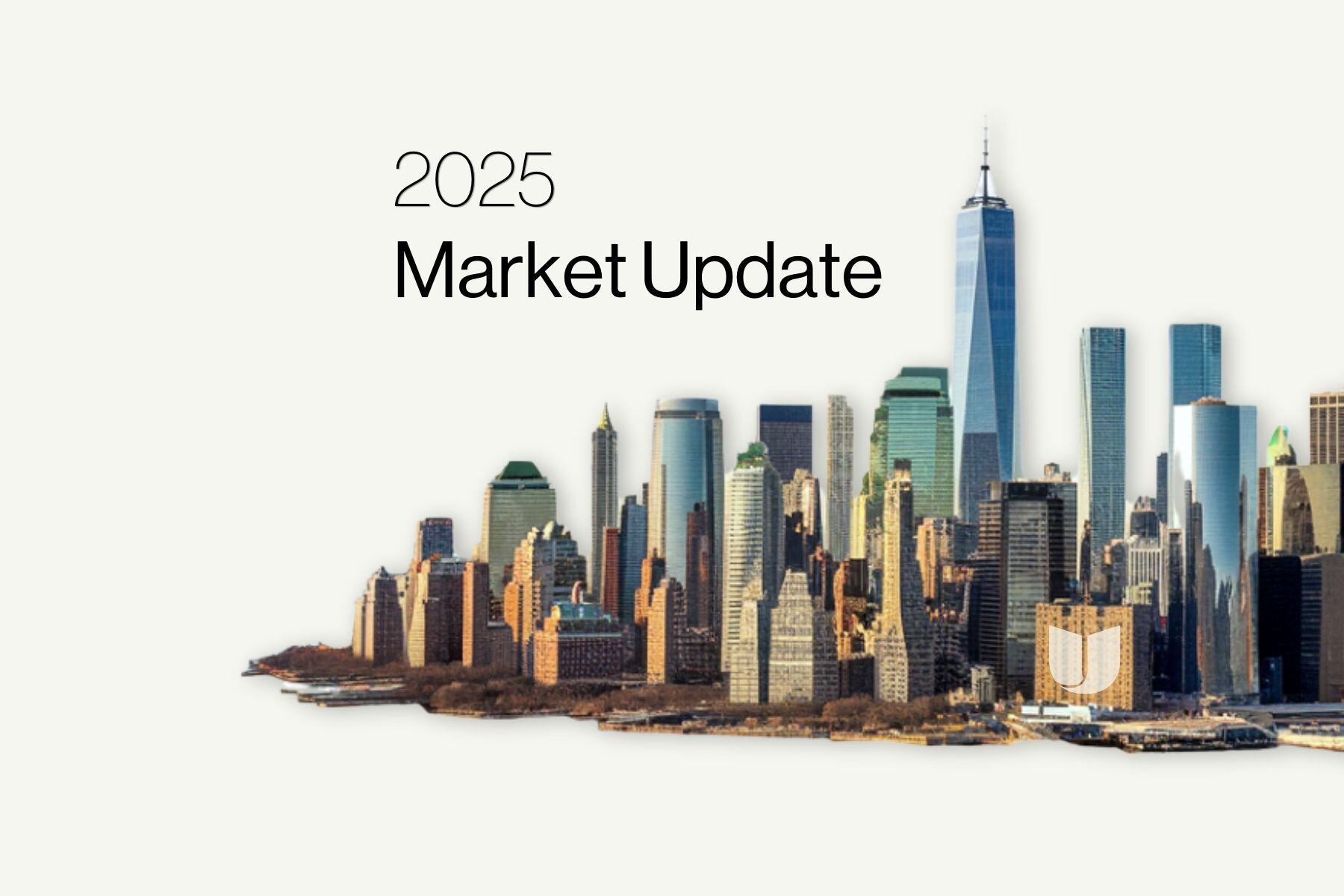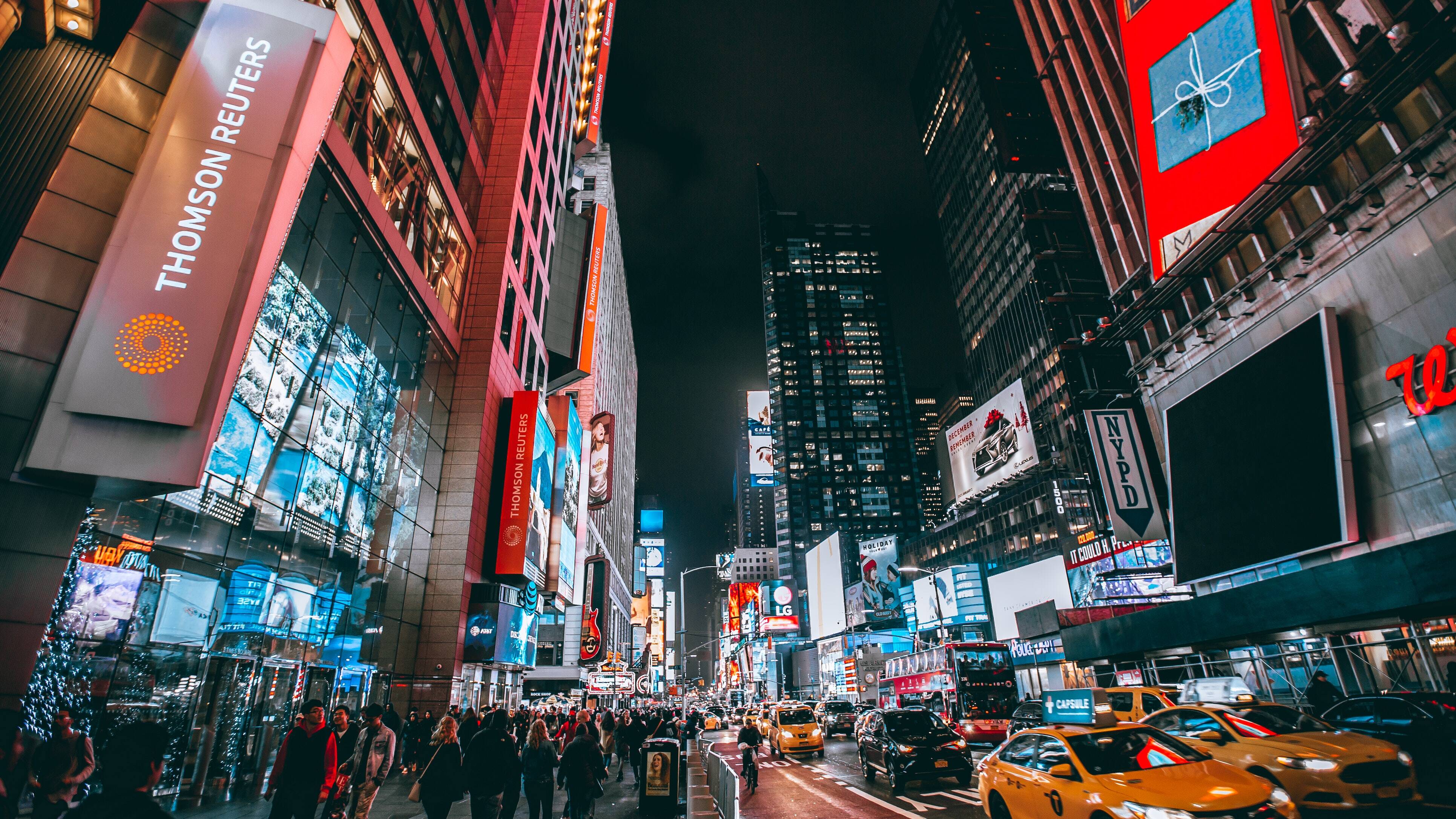Impact of Presidential Elections on Housing Prices
In an election year, there is plenty of speculation about the future of the economy and what will happen to the housing market. Who's in the Oval Office can have a major impact on broader economic factors that may affect the property market. In reality, historical data shows that the effects of presidential elections on home prices tend to be minimal and relatively temporary. To help you better understand the current landscape, here is a look at historic home prices during election years.
How Does an Election Year Affect the Housing Market in the Short Term?
Generally speaking, home prices increase regardless of who is in office. However, presidential elections can lead to a temporary slump in demand. In an average year, the volume of home sales will typically decline in the fall after a peak in the summer. However, examining the history of the real estate market shows that this trend is often intensified during election years.
A study by Meyer's Research showed that in the past 13 presidential election years, the median number of new home sales dropped by about 15% between October and November. The typical decrease in a non-election year is about 9.8%.

The impacts are not only on a federal level but can also impact local housing markets. A similar study by real estate publication The Real Deal found that between 2008 and 2019, the number of Manhattan co-op sales dipped by as much as 12.7% between June and October of an election year.
The explanation for this phenomenon is fairly simple. Home buyers are slightly more hesitant to make a move as election day approaches, fearing that whoever is elected will greatly impact the economy.
Many would prefer to wait and see what happens to feel confident they're making a wise investment. However, if you examine the history of the housing market, this trend is short lived and demand tends to rebound relatively quickly after the election.
So, does that mean November is a bad time to sell a house? In an election year, waiting until the dust settles may be better if you want as many offers as possible.

How Are Home Prices Impacted in the Long Term?
Although housing prices may take a hit in November, data suggests that it doesn't last long. Once buyers get over the initial trepidation of purchasing homes right before the election, the housing market tends to return to normal once it's all over. The data shows that demand and prices tend to increase.
According to a Bankrate Analysis of the S&P CoreLogic Case-Shiller Home Price Index, the average appreciation rate for homes in election years was 4.84%, compared to 4.44% in non-election years. The trend also seems to continue into the new year. According to data from the NAR and the Department of Housing and Urban Development, home sales increased the following year in 9 out of 11 elections.
The data also reveals that home prices increased following 7 of the last 8 elections. The only instance where prices did not increase was in 2009, the year following the subprime mortgage crisis. That was a special circumstance that had more to do with broader economic conditions than the presidential election. Historically, real estate appreciation has continued an upward trajectory regardless of who was elected.
Do Interest Rates Drop During Election Years?
The election itself has a minimal impact on housing prices in the long term. However, the administration in power can impact the overall economic policies that influence the housing market. One of the biggest is interest rates.
The President has the power to appoint the chairman of the Federal Reserve, who is responsible for setting monetary policy and determining interest rates. The decisions of the Federal Reserve greatly influence mortgage rates, which in turn affect who can afford a home loan.
But do interest rates go down in election years? Data suggests that the election-year economy is actually more favorable to home buyers. In the past 8 out of 11 election years, mortgage interest rates declined between July and November. So, if you're thinking about buying a house during an election year, that's the time to do it.

Should You Buy a Home During an Election Year?
While all the data may be compelling, you may still be wondering how it should influence your purchasing decisions. Will real estate prices drop in an election year? Or will home values continue to go up? The housing market during election years isn't all that much different than any other year.
While there is a slight decline in sales activity in the lead-up to the election, data shows that it quickly picks back up in the following months. The typical drop in mortgage rates during election years also allows buyers to access capital at a cheaper rate, leading to higher sales prices after the election.
So, do whatever makes the most sense for you, and don’t worry too much about how the election will impact the real estate market. You may even be able to benefit from the lack of competition in the months leading up to the election. However, future predictions for the housing market suggest that prices will continue to increase steadily regardless of who gets elected.
Buying a home in New York City? Become a member of our New Build Club and get priority access to a massive database of brand-new builds before anyone else. As the authority in new builds, we understand the importance of early access. As a member, we’ll not only show you the best new builds available before they come to market, but we’ll also show you every unit in the building, access floor plans, help you compare prices, and more. Finding your dream home has never been easier. Contact us today to get started.


